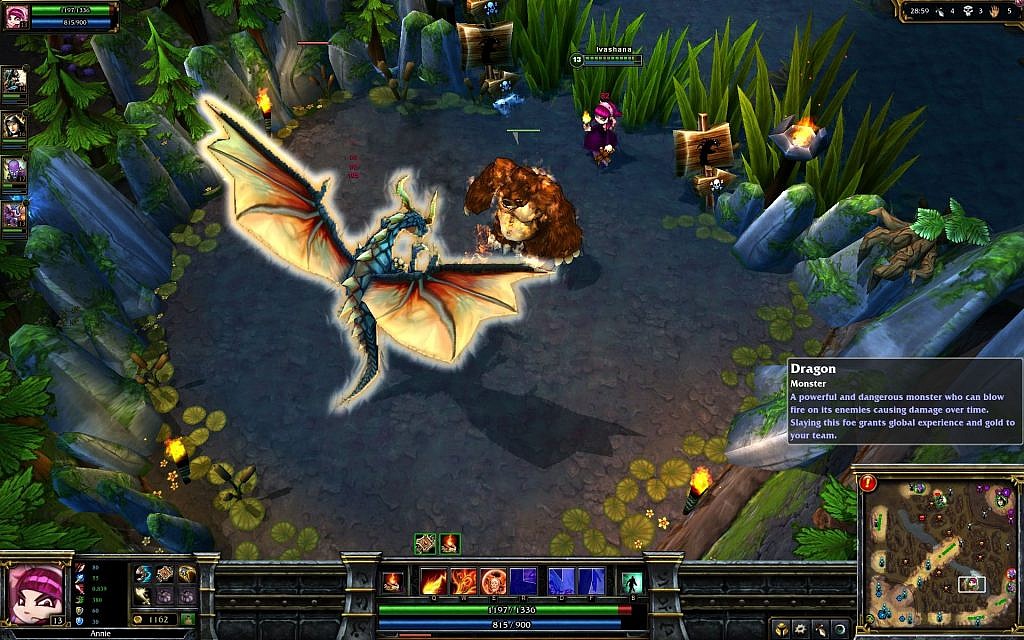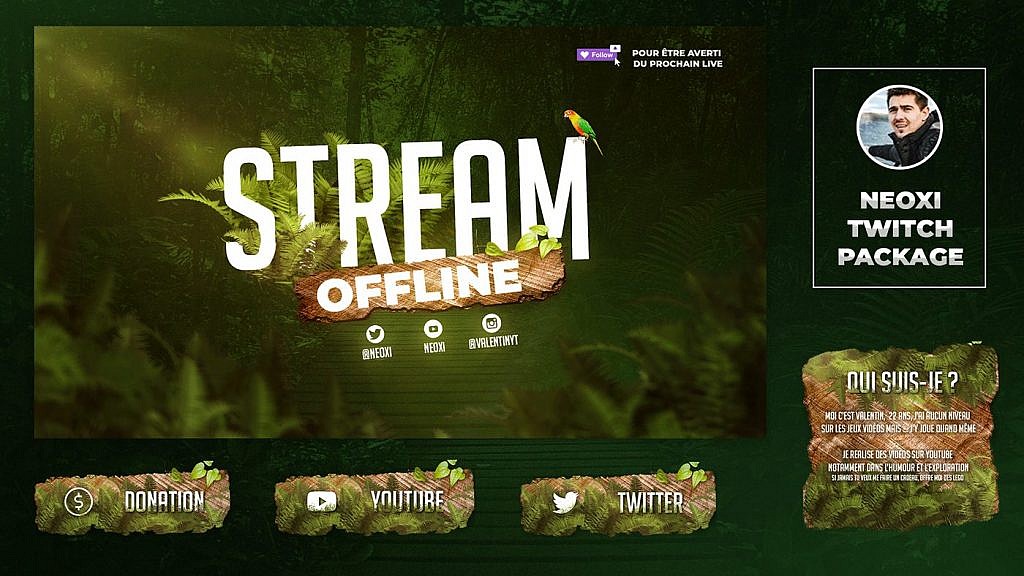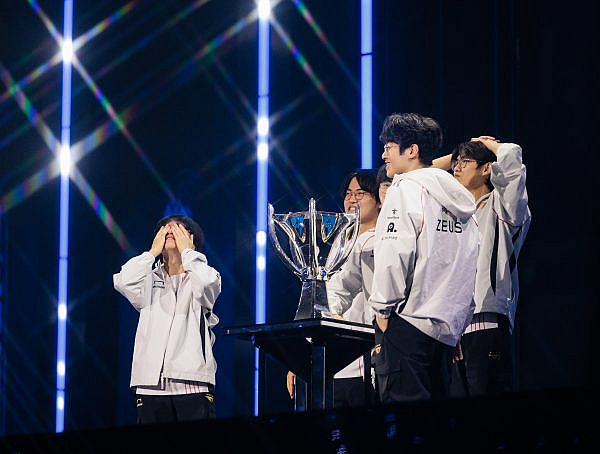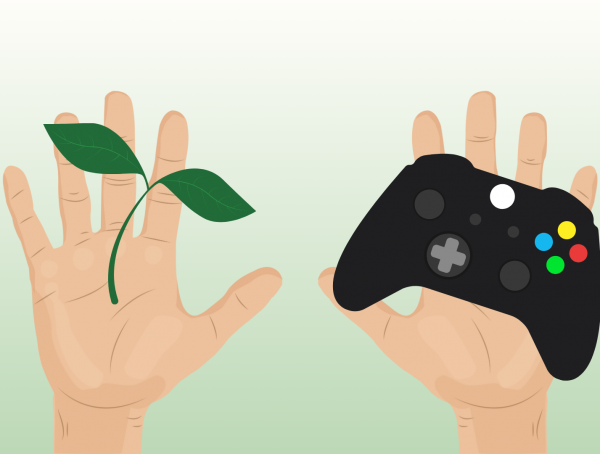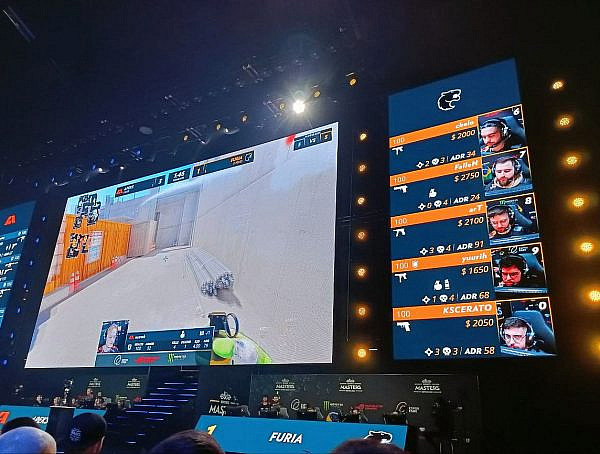Streaming and playing games at the same time may lead to the assumption that either the
performance of the streamer is suffering or that the play sessions are longer/shorter as a result of
this activity. The article at hand takes a deep dive into research conducted by the authors in order
to explore and confirm or deny the hypotheses they started off with.
Because League of Legends (a popular Multiplayer Online Battle Arena game – MOBA) and
Twitch (streaming platform) are independent, the researchers had to approach data collection in
two ways; in order to collect information about players, they accessed the Riot Games API
(Application Programming Interface) which allowed them to gather data about number of kills,
number of assists, number of deaths per match. Similarly with Twitch, the official Twitch API
allowed for the gathering of data regarding players who streamed LoL matches; information about
number of followers, views per video and so on. Through formulas and graphs, the authors then
proceed to explain the results of the research conducted.
‘Killing a dragon with the help of my summoned bear’ by Sicarius (61585) on Dec 22, 2009
https://www.mobygames.com/user/sheet/userSheetId,70866/
Firstly, the effects of streaming on engagement. The first observation is that the match length
is increased when the player is also streaming; an increase of about 5 minutes per match was
recorded. It is also noted that the sessions with streaming are longer than the ones without,
indicating that streamers feel more encouraged to play for a longer period of time if they have
others watching them. Secondly, the effects of streaming on performance are also measured. The
main result underlined is that regardless of streaming and having to engage in different activities
at the same time, the win rate is not affected. Another interesting fact is that high-skill players
seem to be much less affected by having to stream, than low-skilled players.
In conclusion, the article presented aims at understanding the connection between streaming and
playing a game at the same time and how this affects a player. The results of the research have
ultimately showed that streaming has a positive effect on the player engagement with the game
and may even make the player play the game for a longer period of time. However, another
noteworthy observation is that streaming has a negative effect on the performance of a player,
especially on lower levels of skill. This, presumably, is due to the multitasking required when
streaming, as the streamer frequently makes some sort of contact with the viewers at the same
time.
“TWITCH STREAM STUFF” by Kylian Jacquet is licensed under CC BY-NC-ND 4.0
Games and Culture
2020, Vol. 15(1) 9-31
ª The Author(s) 2019
Article reuse guidelines:
sagepub.com/journals-permissions
DOI: 10.1177/1555412019838095
Journals.sagepub.com/home/gac
You might also like
More from Game Research Highlights
How do you want to do this? – A look into the therapeutic uses of role-playing games
Can playing RPGs contribute positively to your wellbeing? A recent study aims to find out how RPGs are being used …
Eldritch horrors and tentacles – Defining what “Lovecraftian” is in games
H.P. Lovecrafts legacy lives today in the shared world of Cthulhu Mythos and its iconic monsters. Prema Arasu defines the …
Are Souls Games the Contemporary Myths?
Dom Ford’s Approaching FromSoftware’s Souls Games as Myth reveals the Souls series as a modern mythology where gods fall, desires …







